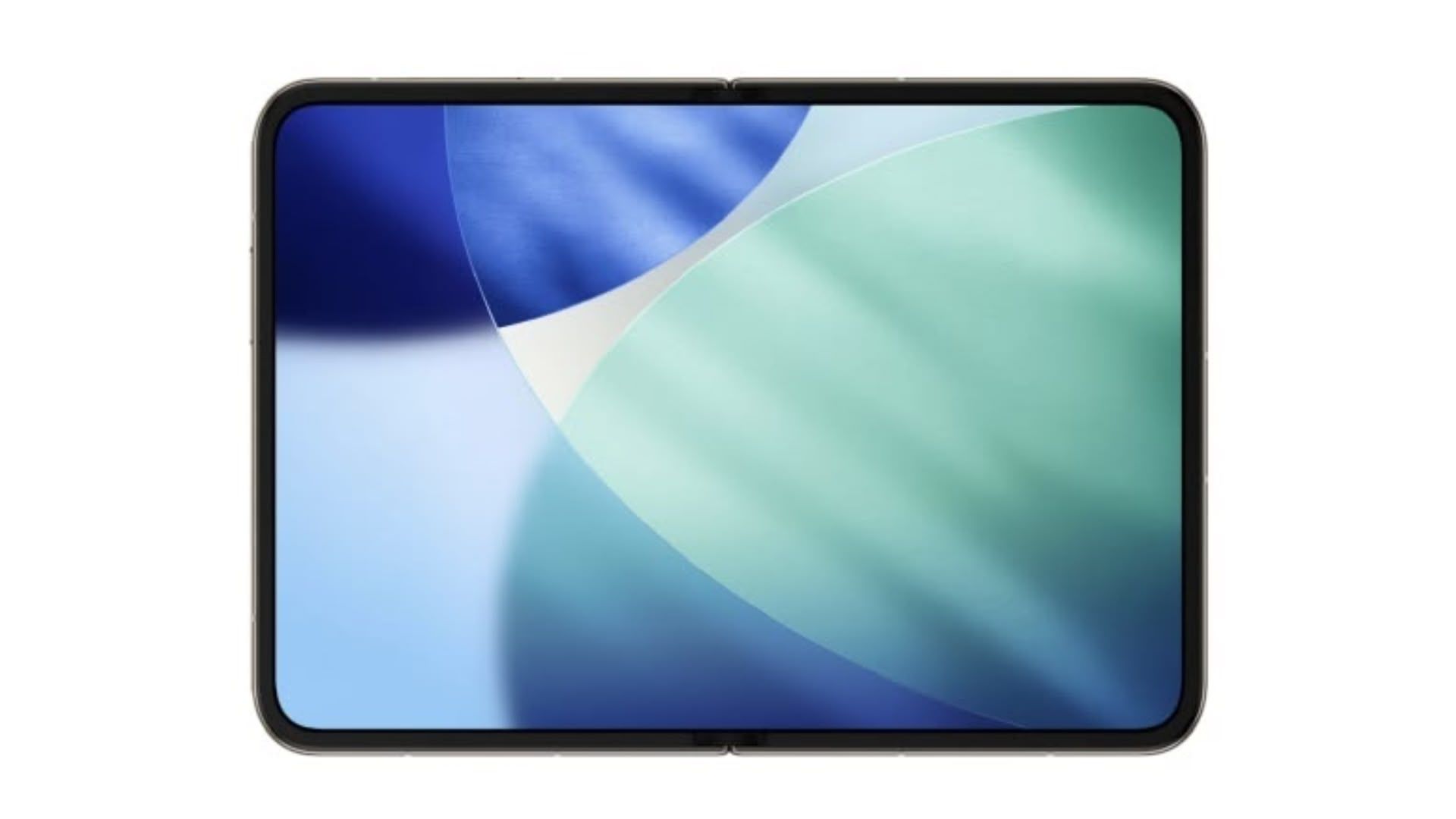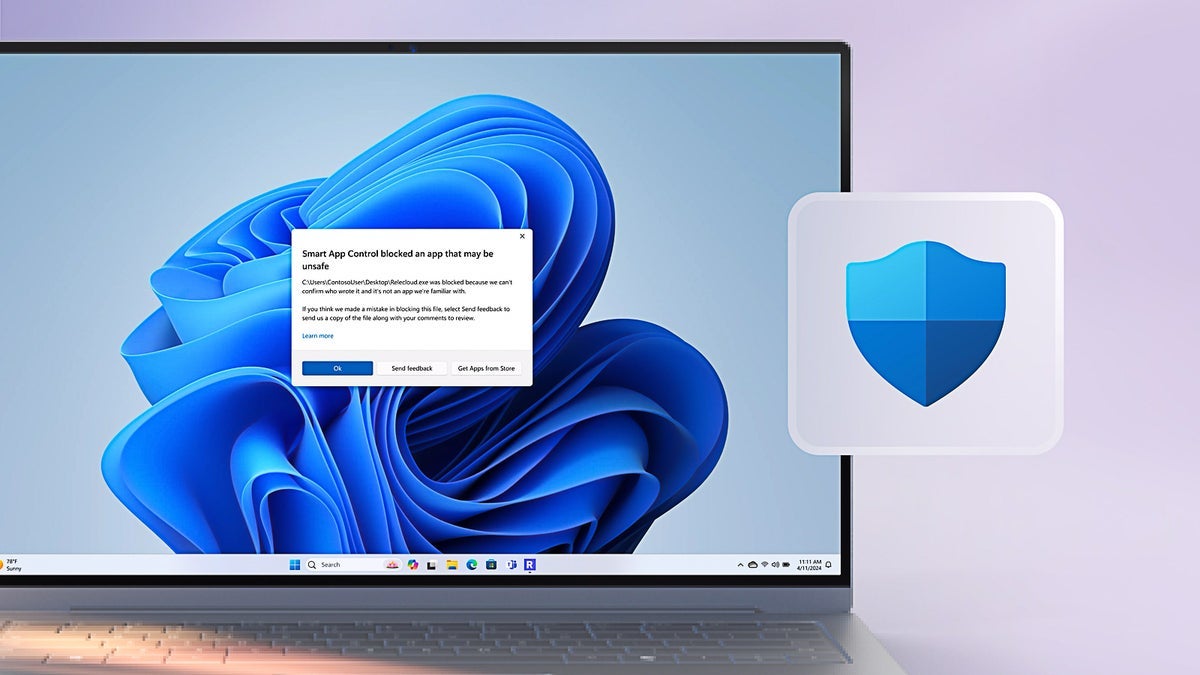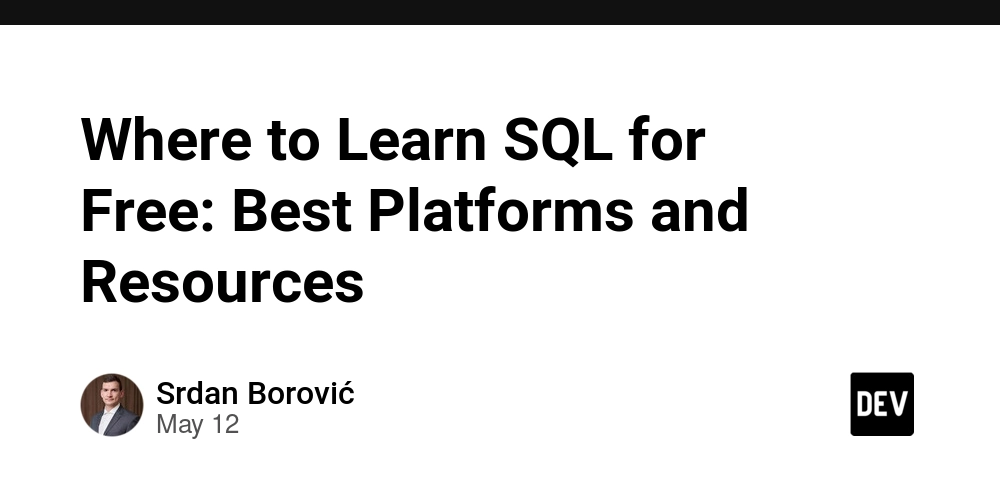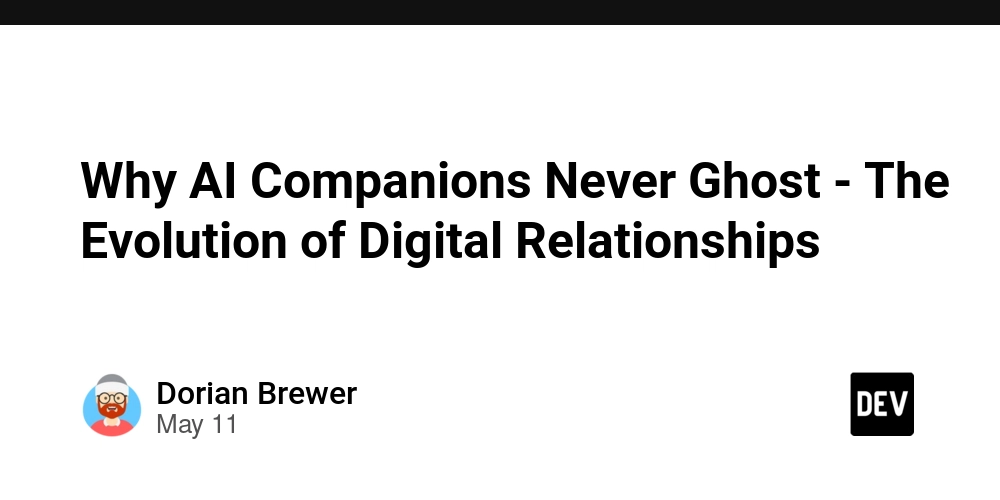What is TronJava? The Open Source Business Model, Funding, and Community
Abstract: This post explores TronJava, an open source Java library that bridges TRON blockchain technology with modern software applications. We delve into its architecture, the Apache 2.0 open source licensing, and its innovative funding model—spanning corporate sponsorships, community donations, grants, and more. We also examine the strong community support behind the project and compare funding strategies with related NFT initiatives. With detailed technical insights, practical use cases, a table summarizing key funding streams, and a bullet list of project benefits, this comprehensive post is designed for both software developers and blockchain enthusiasts who wish to understand how sustainable development in the blockchain space thrives. Introduction TronJava is a robust Java library specifically designed for interacting with the TRON blockchain. Built with modular architecture and maintained under the permissive Apache 2.0 license, TronJava empowers developers to manage smart contracts, perform transactions, and access real‐time blockchain data. In today’s open source era where sustainable funding is critical, TronJava stands out with its transparent and multifaceted business model. Its success is driven by a diverse funding ecosystem and an active global community. Open source projects such as TronJava are reshaping how technology and finance intersect in the blockchain ecosystem. This post will guide you through the fundamentals of TronJava, explore its technical details and funding strategies, present practical use cases, and discuss the challenges and future trends. Whether you are a developer or a blockchain investor, you will gain a comprehensive understanding of what makes TronJava an essential pillar in decentralized technology. Background and Context TronJava originated to meet the increasing demand for a reliable and scalable interface between Java applications and the TRON blockchain. Here are some essential background elements: History & Evolution: Initially developed to simplify blockchain interactions, TronJava has grown into a comprehensive library that reduces technical complexity. Its evolution mirrors the broader expansion of blockchain technology, where secure and high-throughput interactions are paramount. Open Source Licensing: TronJava is distributed under the Apache 2.0 license. This license not only ensures legal clarity and protection for contributors but also enables unrestricted adoption and modification—inviting enterprise and community collaboration. Ecosystem Integration: The library is foundational for decentralized applications (dApps) on the TRON network. As TRON’s ecosystem matures, TronJava provides a critical connection between traditional Java developments and innovative blockchain solutions. Check out more details on the TRON official website. With its open source nature, TronJava continues to attract diverse contributions, ensuring rapid updates, enhanced security, and broad functionality. This background sets the stage for an in-depth look at its core components and funding strategy. Core Concepts and Features TronJava’s design is a blend of sound engineering principles and community-driven innovation. Here are the major technical components and project features: Key Features Robust API Integration: TronJava offers comprehensive APIs for issuing transactions, invoking smart contracts, and fetching blockchain data. This allows enterprises to integrate TRON’s high-throughput capabilities into existing Java systems easily. Modular Architecture: The software structure separates concerns via modular design. This separation makes it simpler to upgrade or enhance individual components without disrupting the entire system. Security & Scalability: Security is paramount in blockchain communications. TronJava implements robust cryptographic protocols and adheres to modern security practices. Its scalability aligns with the rapid transaction speeds of the TRON network. Apache 2.0 Licensing: The permissive Apache 2.0 license enables broad utilization—both for open source and proprietary applications—thereby attracting corporate sponsors and individual developers alike. Extensive Documentation and Community Engagement: Detailed documentation combined with active developer forums and GitHub contributions ensures that the library stays ahead of blockchain trends. New features and bug fixes are continuously integrated through open discussions and regular code reviews. Comparison with Similar Projects When compared to Ethereum-based Java libraries or other blockchain integrations like Hyperledger, TronJava’s close ties with the TRON network offer lower transaction fees and high throughput. This compatibility offers developers a competitive advantage in building enterprise-grade solutions. Below is an example table highlighting key differentiators: Feature TronJava Other Blockchain Libraries Tr

Abstract:
This post explores TronJava, an open source Java library that bridges TRON blockchain technology with modern software applications. We delve into its architecture, the Apache 2.0 open source licensing, and its innovative funding model—spanning corporate sponsorships, community donations, grants, and more. We also examine the strong community support behind the project and compare funding strategies with related NFT initiatives. With detailed technical insights, practical use cases, a table summarizing key funding streams, and a bullet list of project benefits, this comprehensive post is designed for both software developers and blockchain enthusiasts who wish to understand how sustainable development in the blockchain space thrives.
Introduction
TronJava is a robust Java library specifically designed for interacting with the TRON blockchain. Built with modular architecture and maintained under the permissive Apache 2.0 license, TronJava empowers developers to manage smart contracts, perform transactions, and access real‐time blockchain data. In today’s open source era where sustainable funding is critical, TronJava stands out with its transparent and multifaceted business model. Its success is driven by a diverse funding ecosystem and an active global community.
Open source projects such as TronJava are reshaping how technology and finance intersect in the blockchain ecosystem. This post will guide you through the fundamentals of TronJava, explore its technical details and funding strategies, present practical use cases, and discuss the challenges and future trends. Whether you are a developer or a blockchain investor, you will gain a comprehensive understanding of what makes TronJava an essential pillar in decentralized technology.
Background and Context
TronJava originated to meet the increasing demand for a reliable and scalable interface between Java applications and the TRON blockchain. Here are some essential background elements:
- History & Evolution: Initially developed to simplify blockchain interactions, TronJava has grown into a comprehensive library that reduces technical complexity. Its evolution mirrors the broader expansion of blockchain technology, where secure and high-throughput interactions are paramount.
- Open Source Licensing: TronJava is distributed under the Apache 2.0 license. This license not only ensures legal clarity and protection for contributors but also enables unrestricted adoption and modification—inviting enterprise and community collaboration.
- Ecosystem Integration: The library is foundational for decentralized applications (dApps) on the TRON network. As TRON’s ecosystem matures, TronJava provides a critical connection between traditional Java developments and innovative blockchain solutions. Check out more details on the TRON official website.
With its open source nature, TronJava continues to attract diverse contributions, ensuring rapid updates, enhanced security, and broad functionality. This background sets the stage for an in-depth look at its core components and funding strategy.
Core Concepts and Features
TronJava’s design is a blend of sound engineering principles and community-driven innovation. Here are the major technical components and project features:
Key Features
Robust API Integration:
TronJava offers comprehensive APIs for issuing transactions, invoking smart contracts, and fetching blockchain data. This allows enterprises to integrate TRON’s high-throughput capabilities into existing Java systems easily.Modular Architecture:
The software structure separates concerns via modular design. This separation makes it simpler to upgrade or enhance individual components without disrupting the entire system.Security & Scalability:
Security is paramount in blockchain communications. TronJava implements robust cryptographic protocols and adheres to modern security practices. Its scalability aligns with the rapid transaction speeds of the TRON network.Apache 2.0 Licensing:
The permissive Apache 2.0 license enables broad utilization—both for open source and proprietary applications—thereby attracting corporate sponsors and individual developers alike.Extensive Documentation and Community Engagement:
Detailed documentation combined with active developer forums and GitHub contributions ensures that the library stays ahead of blockchain trends. New features and bug fixes are continuously integrated through open discussions and regular code reviews.
Comparison with Similar Projects
When compared to Ethereum-based Java libraries or other blockchain integrations like Hyperledger, TronJava’s close ties with the TRON network offer lower transaction fees and high throughput. This compatibility offers developers a competitive advantage in building enterprise-grade solutions.
Below is an example table highlighting key differentiators:
| Feature | TronJava | Other Blockchain Libraries |
|---|---|---|
| Transaction Throughput | High (TRON Network) | Moderate to High (varies) |
| License Model | Apache 2.0 (Permissive) | Often GPL or similar restrictive models |
| Community Involvement | Active global community with regular updates | Varies; sometimes less open collaboration |
| Integration Ease | Designed for Java; easy modular integration | Varies based on language/platform |
This table clarifies how TronJava bridges the gap between traditional software development and emerging blockchain technology.
Applications and Use Cases
TronJava’s versatility makes it a valuable asset in several practical applications. Here are a few examples demonstrating its real-world utility:
Decentralized Finance (DeFi) Applications:
Financial platforms use TronJava to manage peer-to-peer transactions with high reliability. Its API integration allows the development of secure smart contracts that ensure transparent and tamper-proof finance operations.Enterprise Integration:
Companies looking to leverage blockchain for supply chain transparency or secure data logging have integrated TronJava into their existing Java applications. This method enhances internal systems with blockchain-based security without extensive reengineering.Crowdfunding and Open Source Funding Initiatives:
TronJava itself is funded through a mix of corporate sponsorships, community donations, grant programs, and even venture capital. This diversified funding strategy not only keeps the project financially stable but also fosters a community of dedicated developers. For a deep dive into sustainable open source funding, read more on sustainable funding for open source.
Additional blockchain projects like those related to the Xylocats Eclipse NFT collection illustrate similar principles of community-based and tokenized funding, reinforcing the importance of transparent project support.
Challenges and Limitations
While TronJava stands out as a robust tool, certain challenges and limitations can affect its adoption and technical evolution:
Technical Complexity:
Despite being designed for ease of use, blockchain integrations may still come with a high level of complexity. Developers need a solid grasp of cryptography, distributed systems, and smart contract development.Community Dependency:
Open source projects rely heavily on active community contributions for innovation and security. A slowdown in community engagement may impact regular updates and introduce vulnerabilities.Regulatory Uncertainty:
As blockchain technology continues to disrupt traditional financial systems, it faces evolving regulations. Such changes can affect funding streams and the integration of projects like TronJava with enterprise systems.Competition:
Other blockchain libraries and platforms pose competitive pressure. Projects with different licensing and funding frameworks might offer alternative advantages for specific applications.Adoption Barriers:
Enterprises may be hesitant to adopt open source blockchain libraries due to concerns over long-term support, security, and legal implications.
These challenges are not unique to TronJava but are part of the broader ecosystem challenges that many decentralized projects face. Addressing these limitations requires ongoing communication with the community, regular software audits, and adaptive funding strategies.
Future Outlook and Innovations
Looking ahead, TronJava is well-positioned to leverage emerging trends in blockchain and open source development. Here are some predictions and potential advancements:
Enhanced Decentralization with DAO Integration:
Future versions of TronJava may integrate decentralized autonomous organization (DAO) models to manage funding and feature prioritization. This will further empower community-driven development and decision-making.Interoperability Solutions:
As cross-chain technologies mature, TronJava could expand its integration beyond TRON to support interoperability with other blockchains like Ethereum and Binance Smart Chain. This would increase its utility and attract broader investment.Advanced Security Protocols:
With cyber threats continuously evolving, TronJava’s roadmap includes plans for implementing state-of-the-art security measures such as zero-knowledge proofs and advanced consensus mechanisms.Innovative Funding Models:
The ecosystem may witness novel funding approaches such as tokenizing open source licenses or decentralized crowdfunding campaigns. These models can provide more stable financial support and attract new types of investors. For more insights, explore the discussions on opensource on OpenSea.Increased Corporate Collaborations:
More enterprises are expected to recognize the value of integrating blockchain through open source projects like TronJava. This can lead to more corporate sponsorships and partnerships, ensuring continuous improvement and innovation.
Developers and stakeholders are encouraged to stay updated through platforms like GitHub and community forums, where progress and future plans are discussed openly.
A notable trend is the growing discussion in the developer community on platforms like Dev.to where experts debate emerging challenges and innovate sustainable funding and governance models.
Summary
TronJava exemplifies the convergence of robust software engineering and decentralized innovation. This Java library not only simplifies interaction with the TRON blockchain but also sets an industry example through its open source business model and diversified funding approach. Key lessons from our exploration include:
Transparent Licensing:
Adoption of the Apache 2.0 license offers legal clarity and fosters both community and corporate contributions.Robust Open Source Funding:
TronJava is supported by corporate sponsorships, community donations, grant programs, and venture funding. This multifaceted model is crucial for sustaining technology in the fast-evolving blockchain space.Active Community Engagement:
Continuous contributions from a global network of developers drive project enhancements—from security updates to new feature integrations.Practical Applications:
Whether used in DeFi applications, enterprise integrations, or community crowdfunding projects, TronJava addresses real-world challenges and facilitates innovation.Future-Focused:
With its plan to integrate DAO models, cross-chain interoperability, and advanced security protocols, TronJava is set to remain a key player in blockchain technology.
Below is a bullet list summarizing the core benefits of TronJava for quick reference:
- Modular API and robust Java integration
- Secure and scalable blockchain interactions
- Transparent open source licensing under Apache 2.0
- Diverse and sustainable funding channels
- Strong global community and regular updates
In addition, the comparison table earlier highlights how TronJava differentiates itself from other blockchain libraries.
TronJava is not just a tool—it is a dynamic ecosystem that showcases how open source projects can successfully blend technical innovation with sustainable financial models. As the blockchain world continues to evolve, projects like TronJava will play a critical role in shaping the future of decentralized technologies.
For additional insights into similar topics, explore related discussions such as navigating open source licenses and understand how funding trends like those driving sustainable funding in open source projects are setting new industry standards.
Conclusion
In conclusion, TronJava stands as a beacon of what modern blockchain libraries can achieve through open source methodologies, strategic funding, and community-driven development. Its integration with the TRON blockchain not only boosts transaction speeds and reliability but also carves out new opportunities for innovative applications across finance and enterprise sectors.
By embracing the open source philosophy, combined with a strong legal framework provided by the Apache 2.0 license, TronJava exemplifies transparency and sustainability in technology. The collaboration between global developers and financial backers ensures that the library remains agile, secure, and responsive to ever-changing market demands.
As we look to the future, the continued evolution of TronJava—with potential DAO governance, enhanced interoperability, and advanced security measures—will likely inspire further innovations across the open source and blockchain space.
For more detailed information and keeping up with project developments, visit the TronJava GitHub repository and stay updated via the official TRON website.
Happy coding and contributing to a more transparent, secure, and decentralized future!


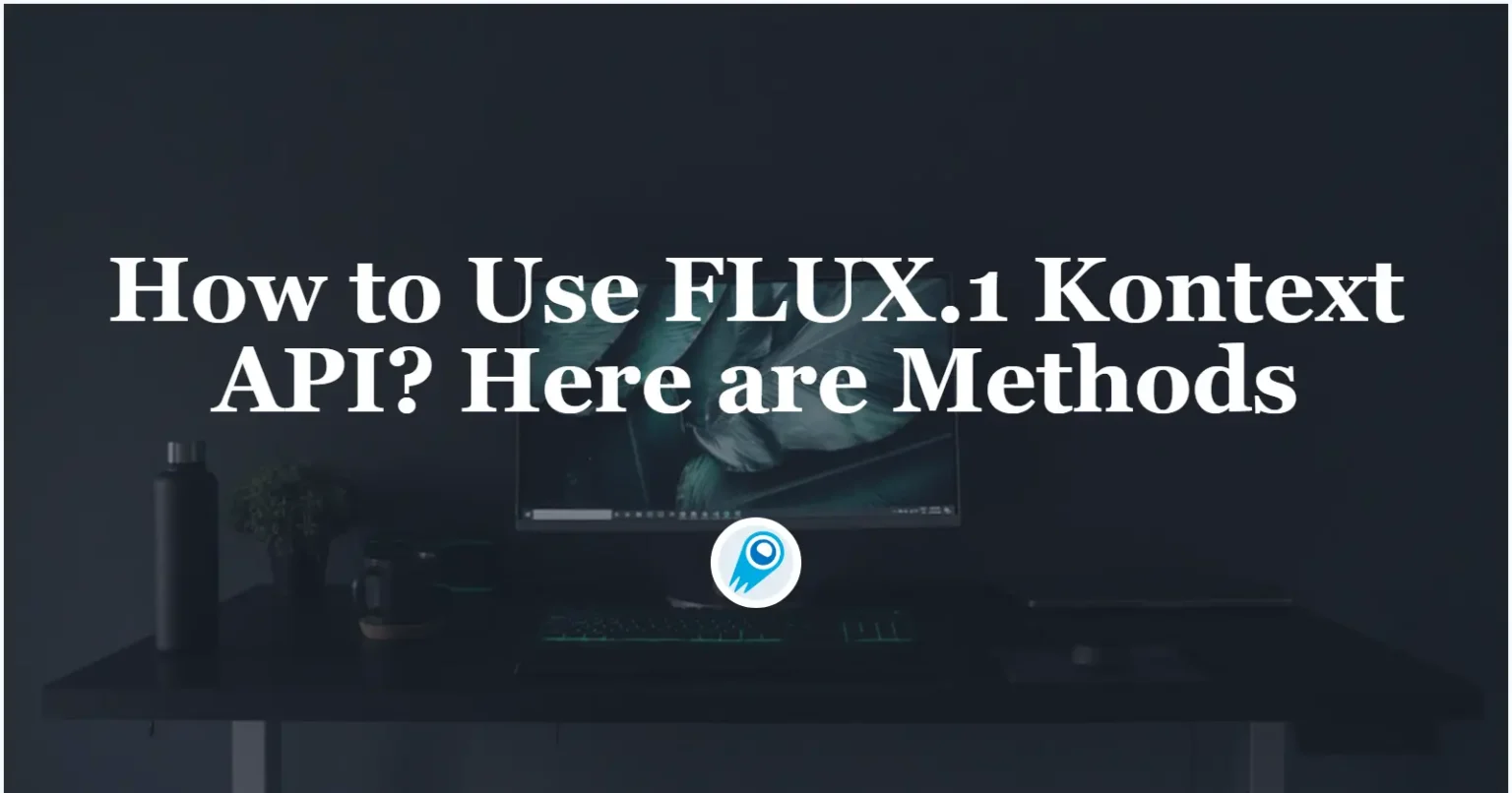








































































































































































![[The AI Show Episode 156]: AI Answers - Data Privacy, AI Roadmaps, Regulated Industries, Selling AI to the C-Suite & Change Management](https://www.marketingaiinstitute.com/hubfs/ep%20156%20cover.png)
![[The AI Show Episode 155]: The New Jobs AI Will Create, Amazon CEO: AI Will Cut Jobs, Your Brain on ChatGPT, Possible OpenAI-Microsoft Breakup & Veo 3 IP Issues](https://www.marketingaiinstitute.com/hubfs/ep%20155%20cover.png)

























































































































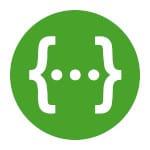





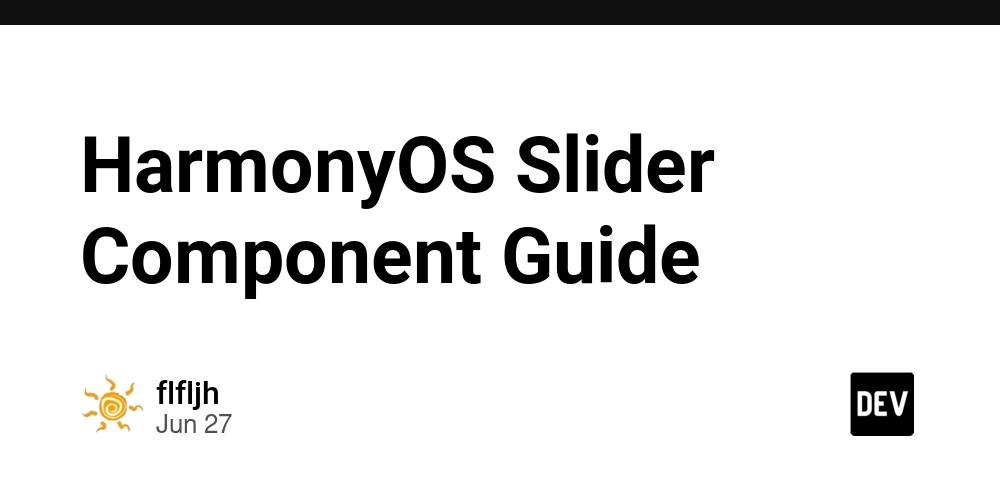






















































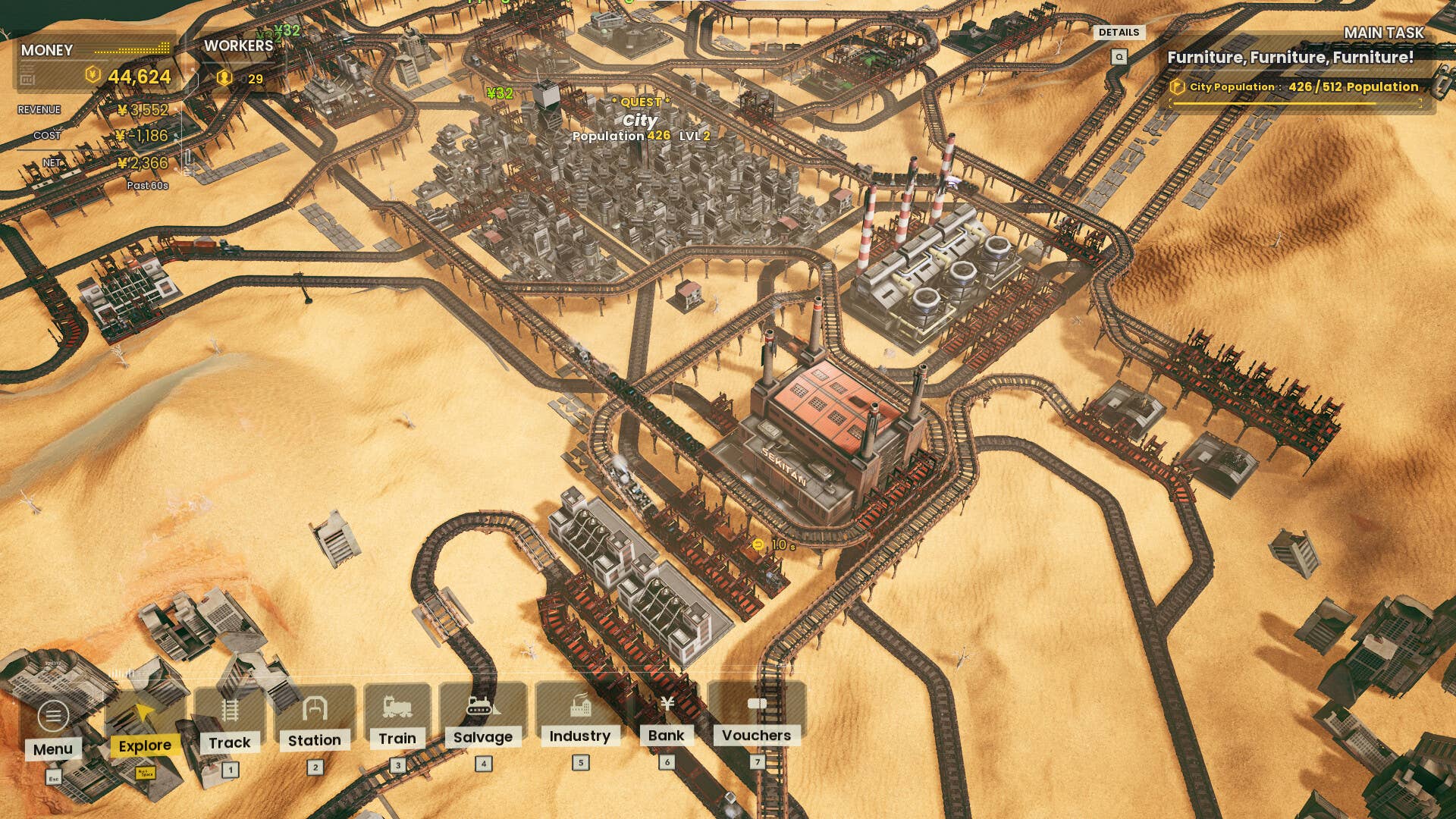

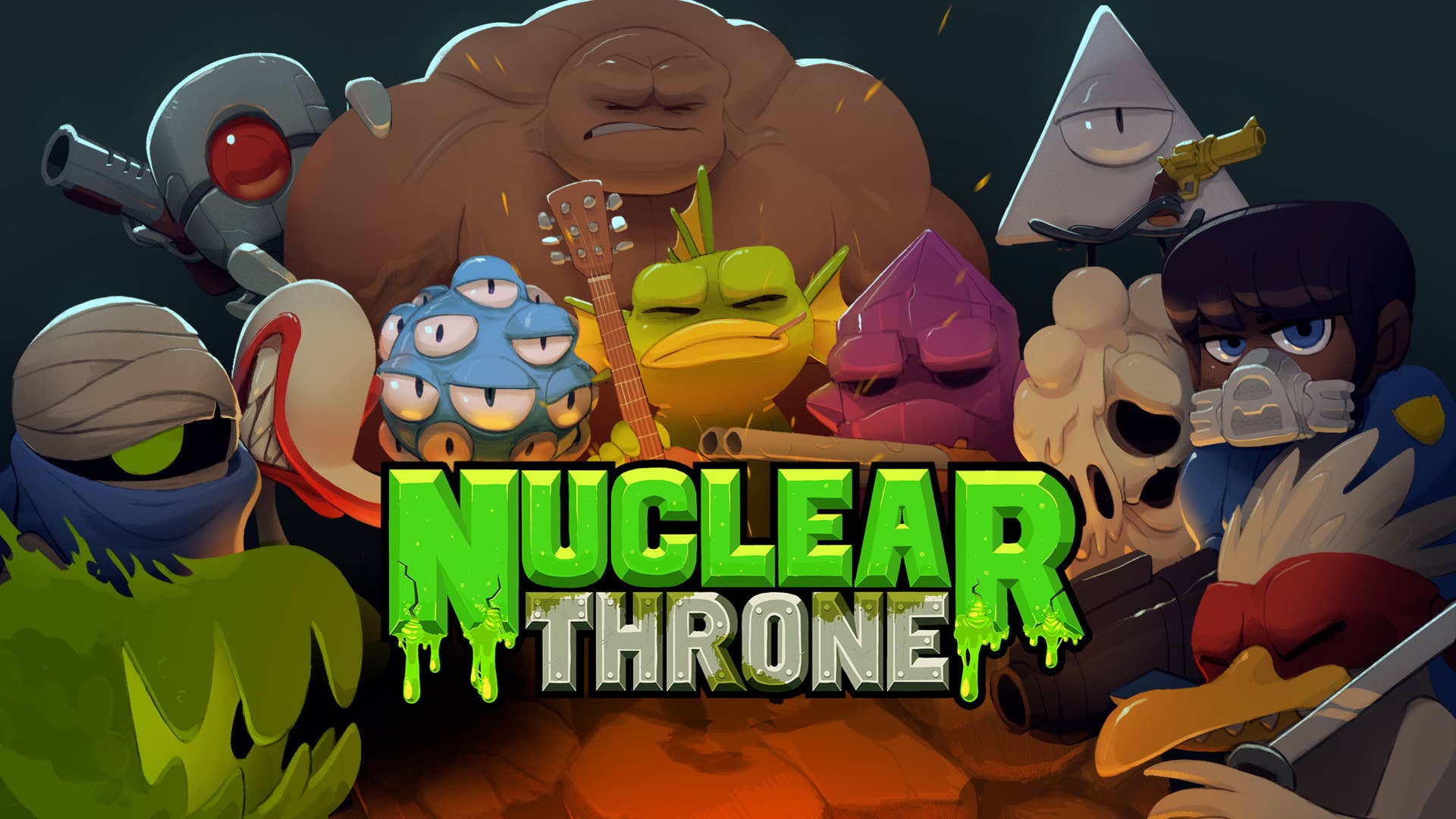






























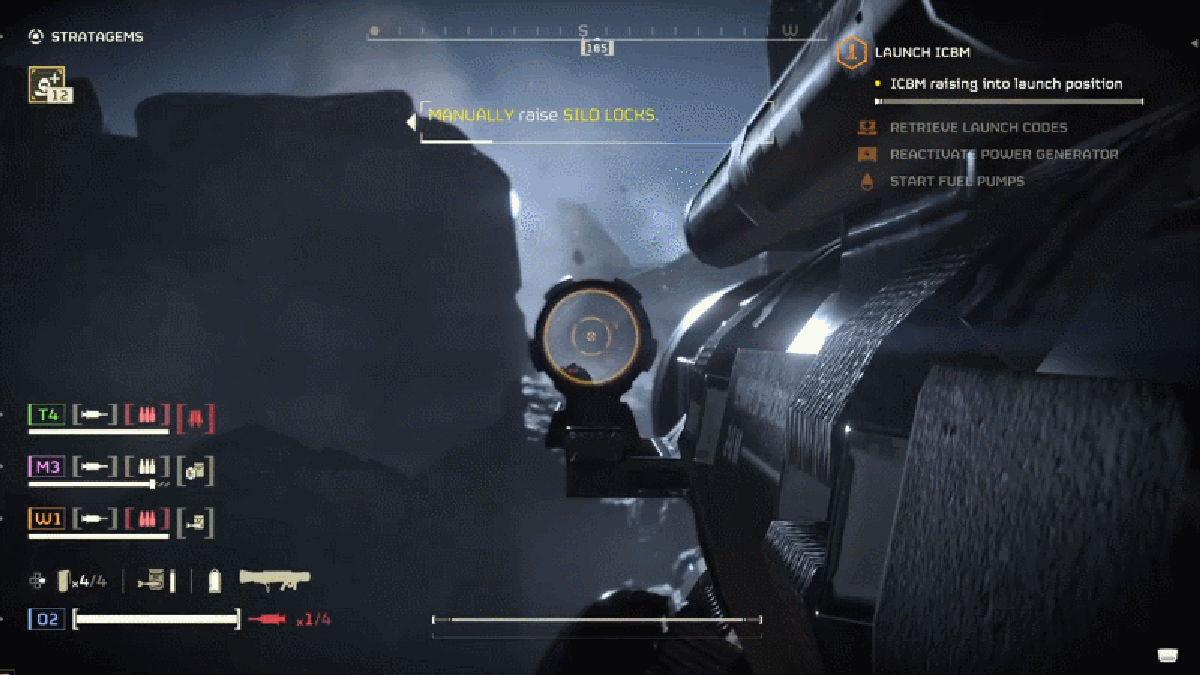











































_incamerastock_Alamy.jpg?width=1280&auto=webp&quality=80&disable=upscale#)
_Brain_light_Alamy.jpg?width=1280&auto=webp&quality=80&disable=upscale#)
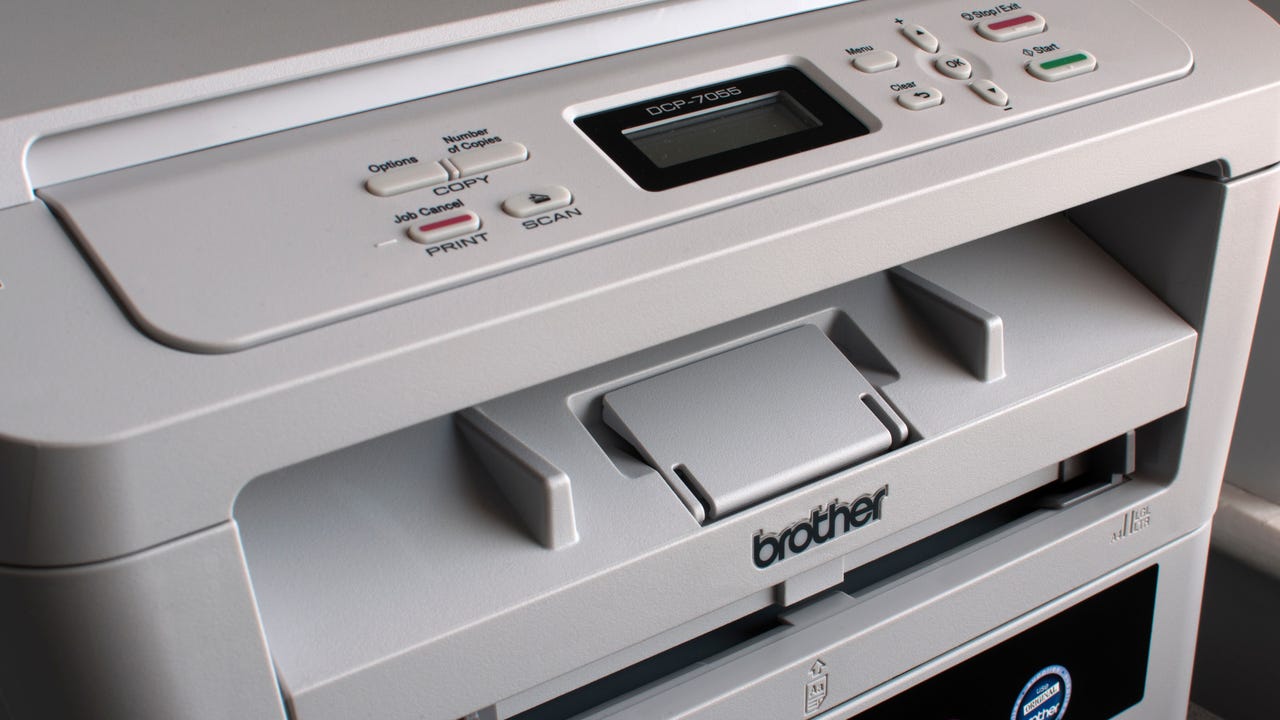








































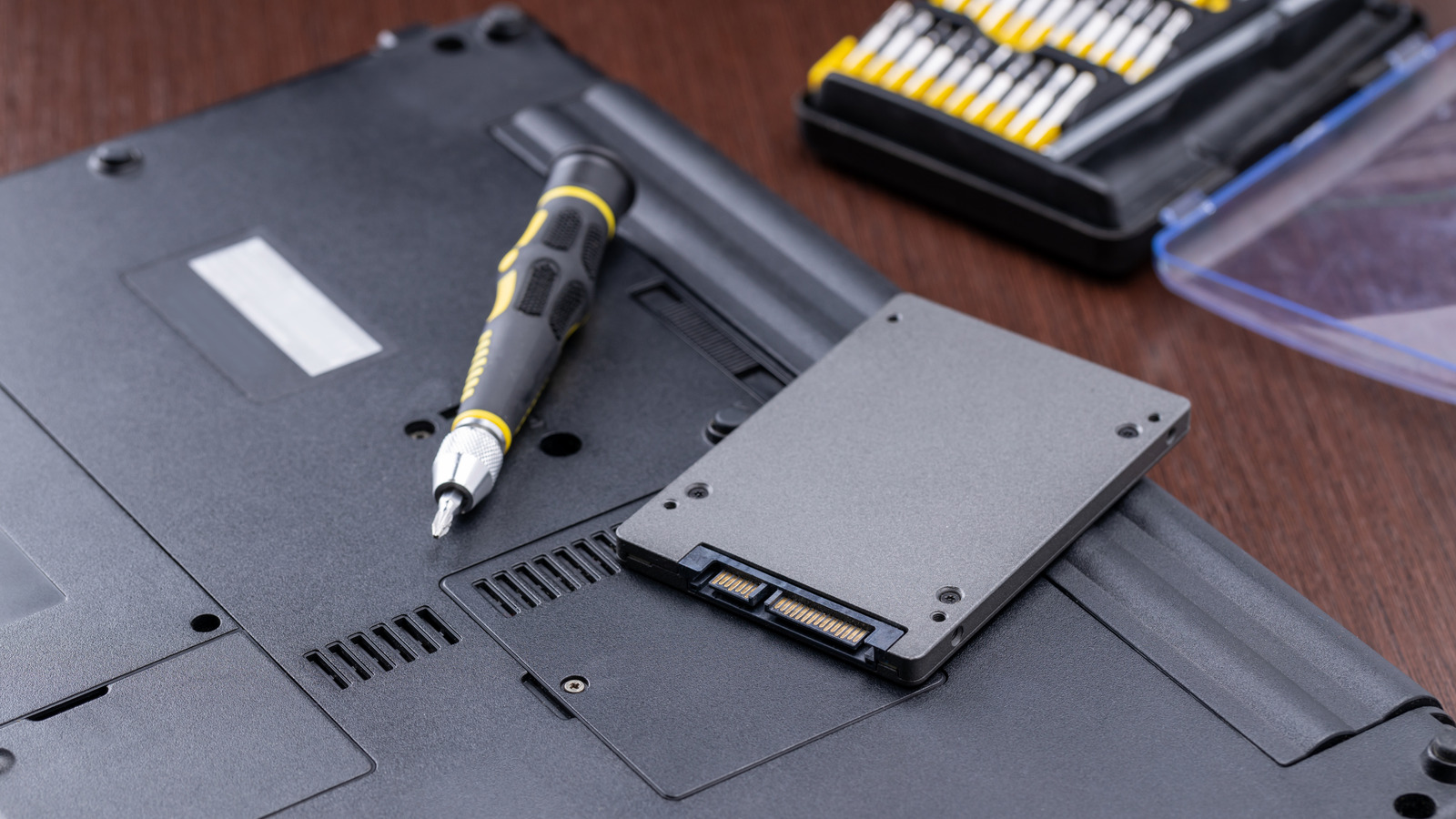











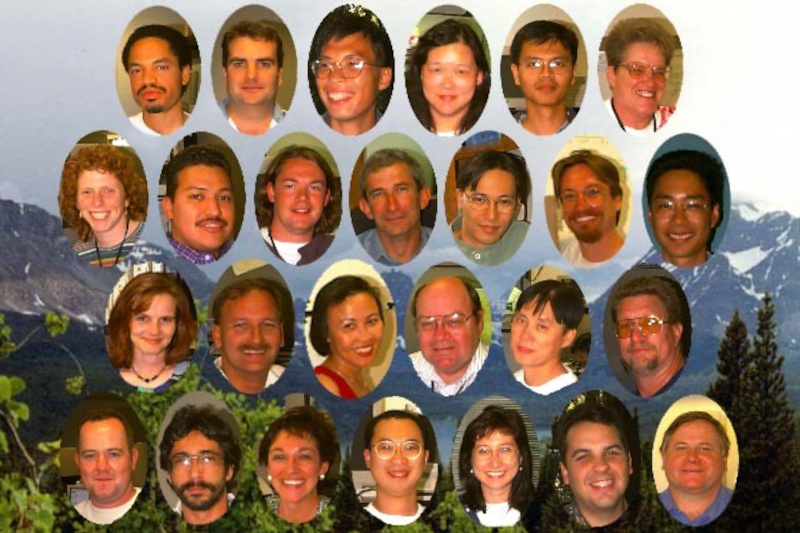
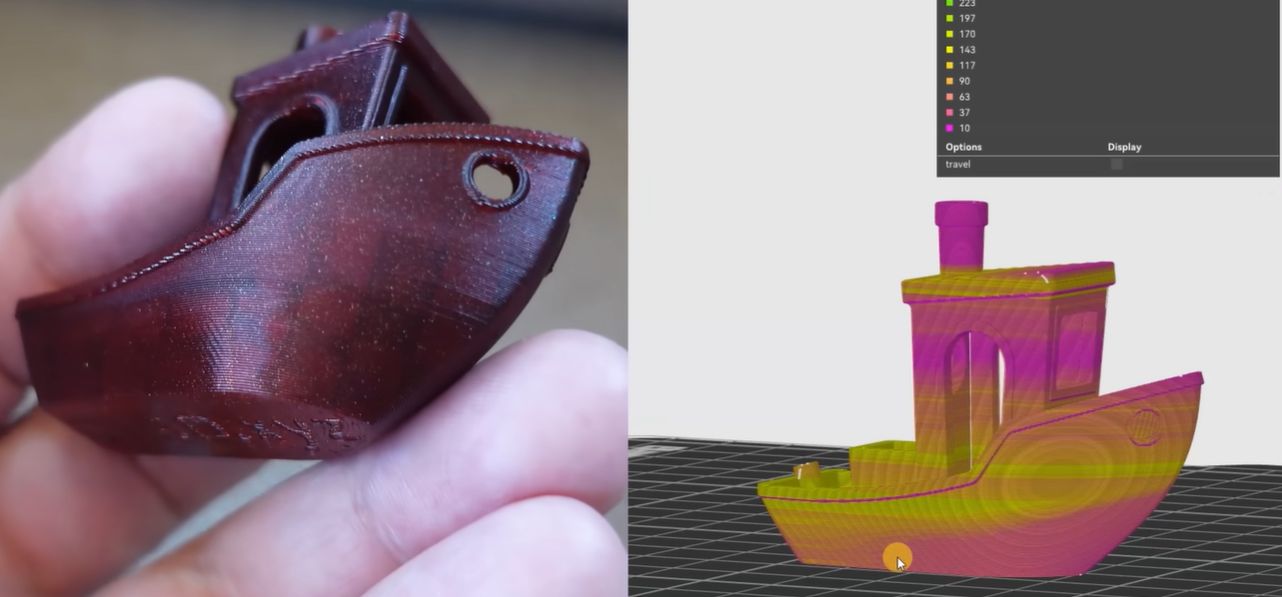





















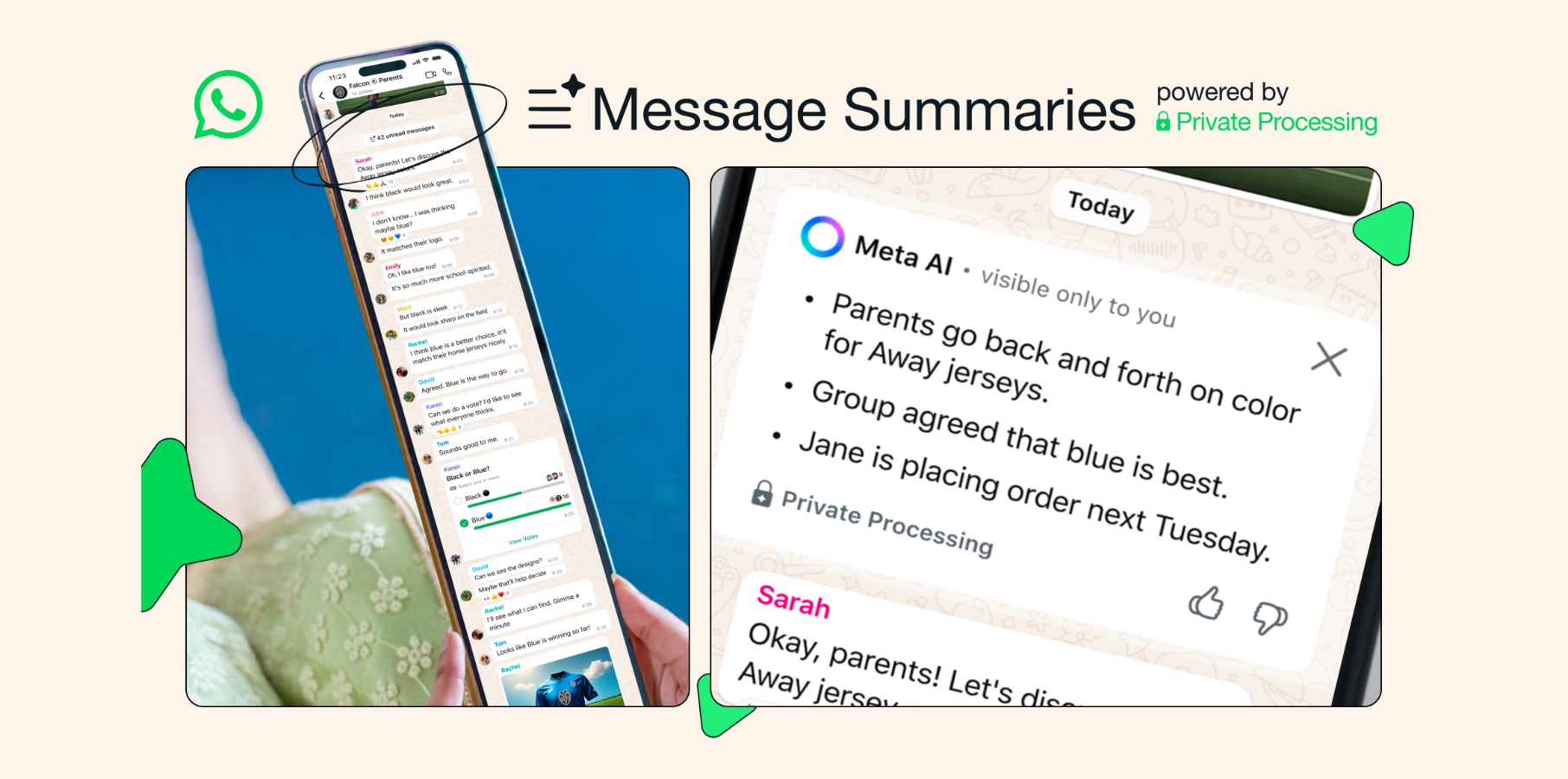





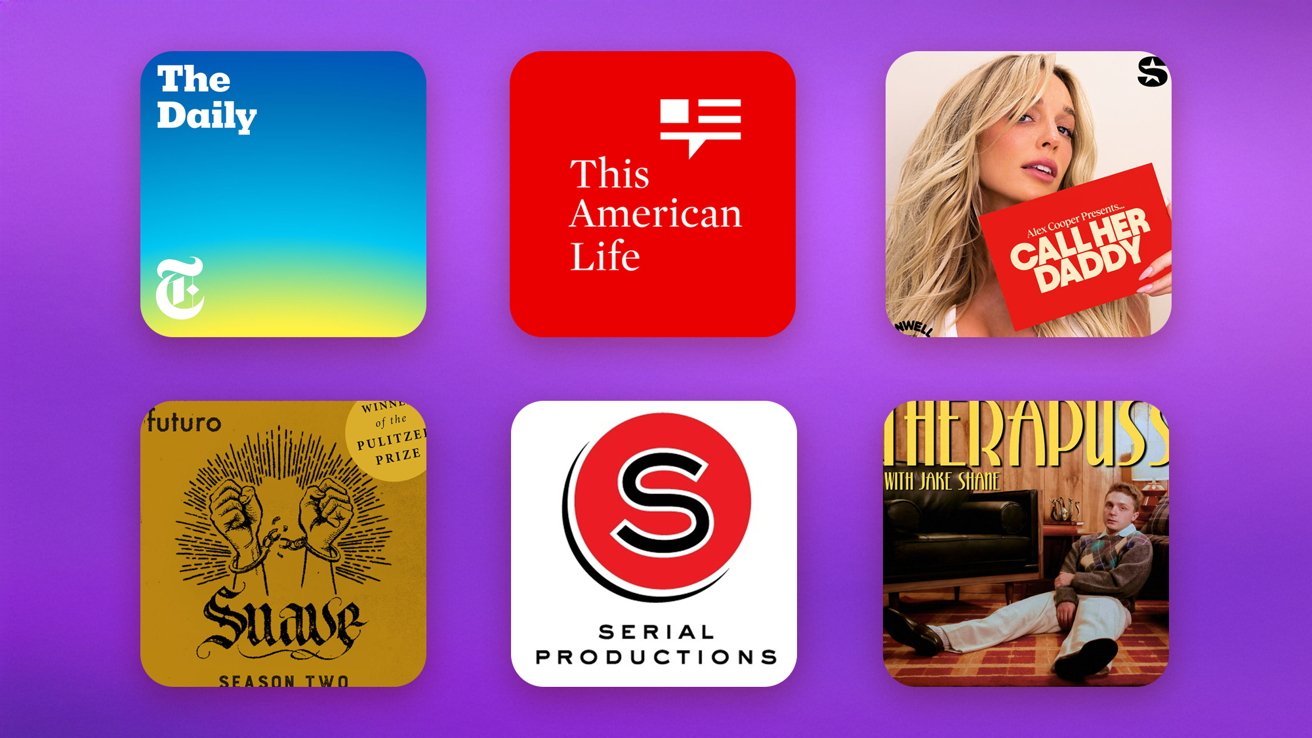

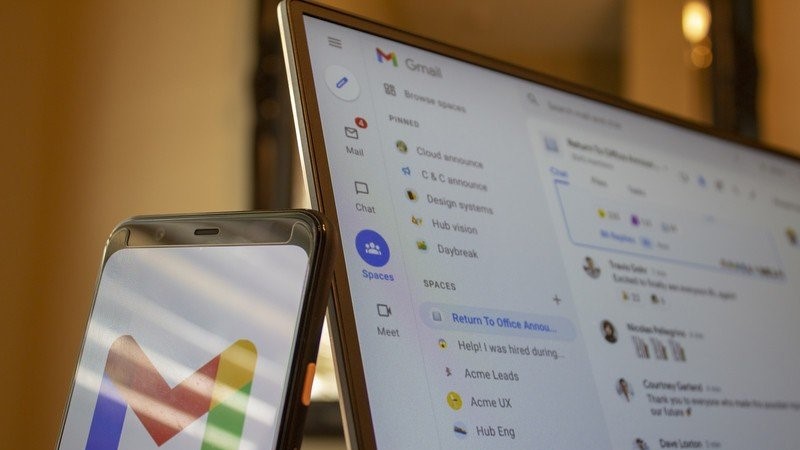

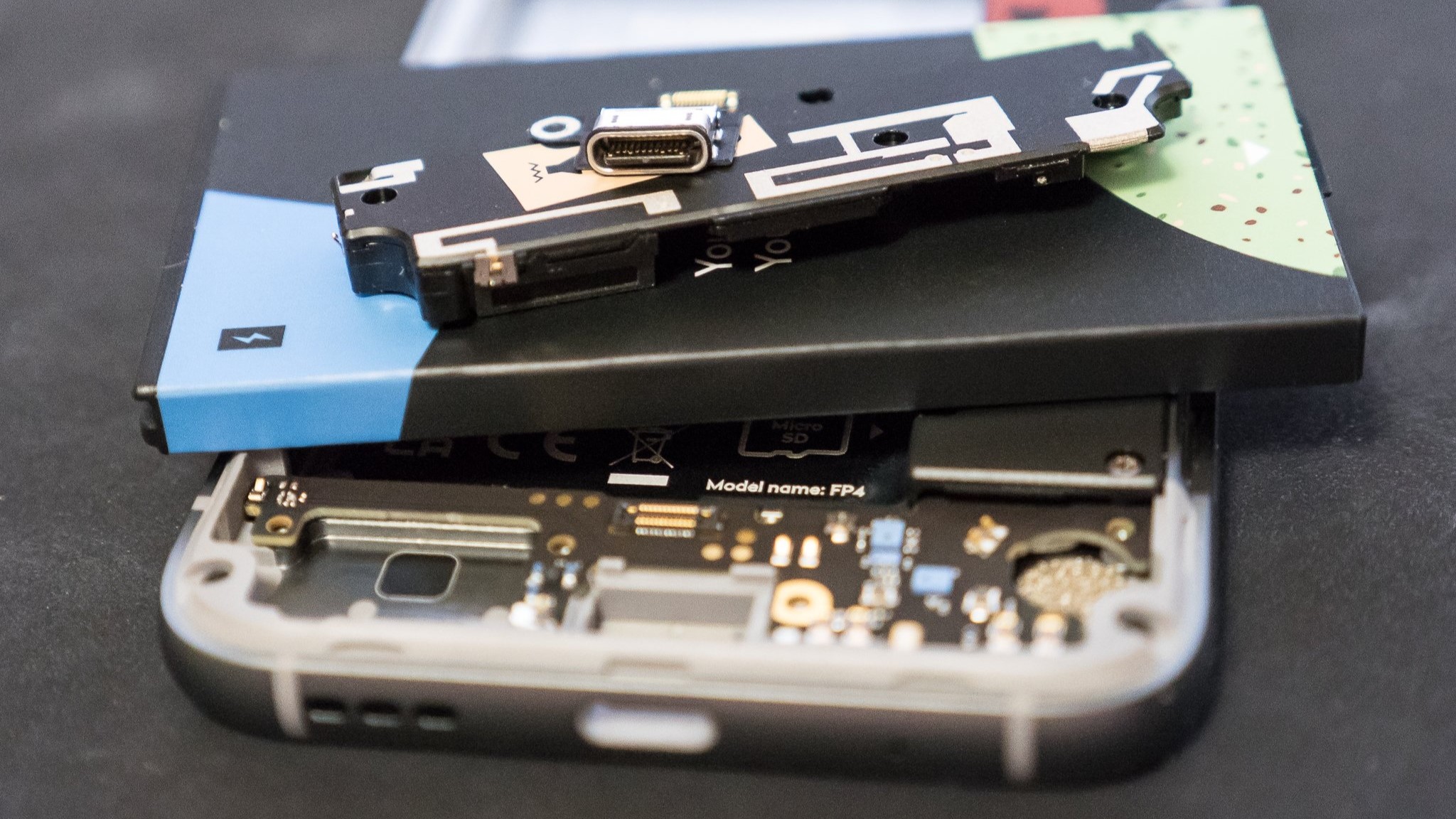







![Nothing Phone (3) has a 50MP ‘periscope’ telephoto lens – here are the first samples [Gallery]](https://i0.wp.com/9to5google.com/wp-content/uploads/sites/4/2025/06/nothing-phone-3-telephoto.jpg?resize=1200%2C628&quality=82&strip=all&ssl=1)





























































